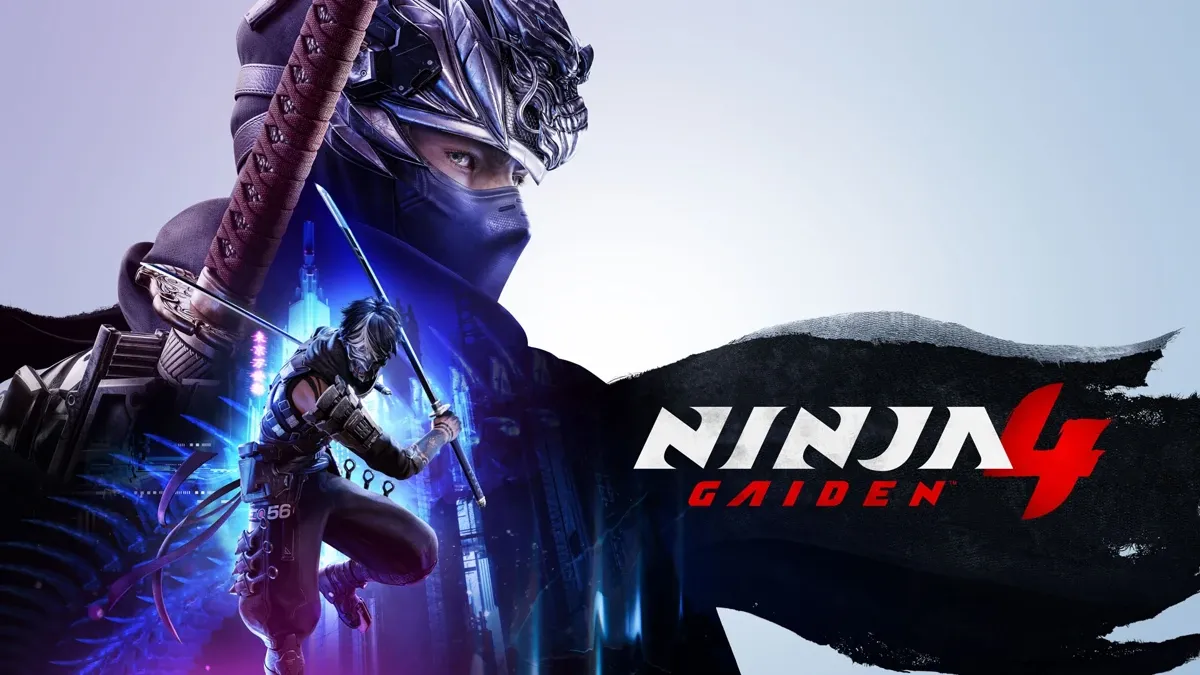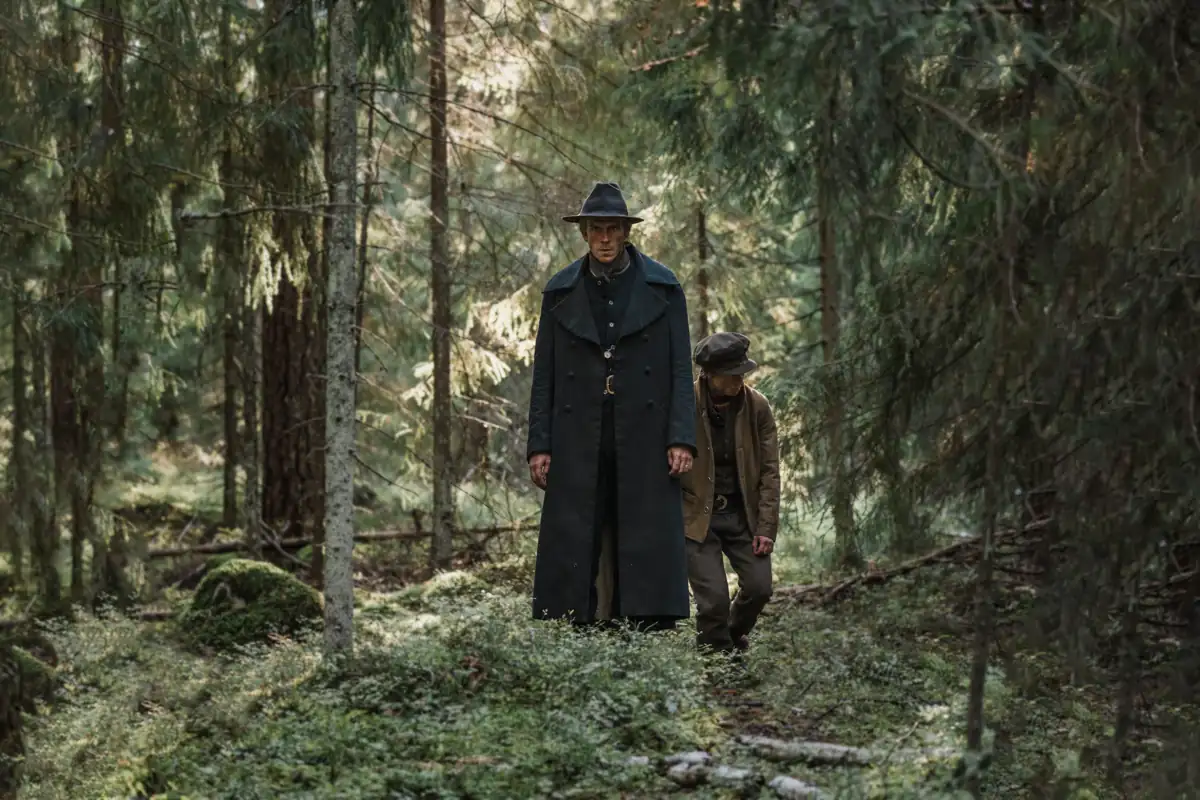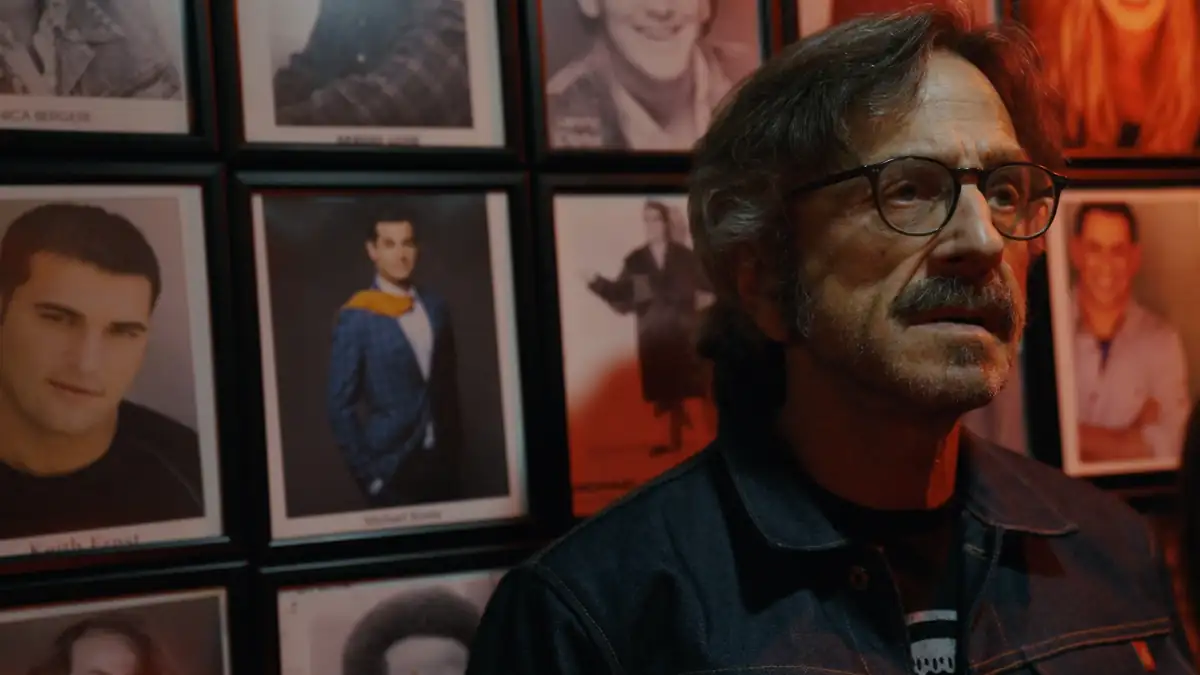This review is a part of our Visions Du Réel 2020 summer coverage.
In 1946, Heidi’s father left her in Switzerland in the care of a foster family. Her mother had just died and the revolutionary war in China had just broken out. Intending to return for her daughter in two years, Heidi’s father never returned to collect her. First the war and then life kept them apart, as her father found a new family in his home country.
Now in her late 70’s, Heidi has raised a son, François, who is a documentary filmmaker. Turning the camera on his family, he seeks to both understand their shared past as well as provide his mother with closure of a life split in two. The result is an intimate and often uncomfortably personal story of familial ties split across vast distances of space and time.
Heidi recounts her youth growing up in an inhospitable country with days filled with bullying, loneliness, and lashing out at her adoptive family with striking honesty. Her longing to be with her father and brother is tangible, especially as she walks us through her daily routine of checking the mail in hopes of hearing something, anything, from across the globe. She’s not bitter in her old age, even as she mourns over a life she didn’t get to live.

François effortlessly weaves her story to encompass the rest of the surviving family. Heidi’s older brother now lives in Switzerland, but doesn’t talk much about his life in China. He recounts with sadness how even at under the age of ten, he came to realize that his father’s affection was unobtainable, which colored the entirety of his life.
We also join Heidi on her journey to China to visit her other family, the second life that her father began when it became clear he would not return. These long visits where Heidi candidly speaks with her siblings make up for the majority of the film. They’re also deeply touching, but also uncomfortable family moments I couldn’t help but feel aren’t meant for our eyes.
Juxtaposed together are Heidi’s romanticized visions of a life she didn’t get to have with those that didn’t turn out as expected. We see Heidi listen to crickets in an open field like she did as a child, but around her the green landscape is now covered in modernist buildings and shopping malls. Meanwhile her extended family flat out tells her the life she dreams of didn’t exist, and they consider her lucky to have missed it. There’s a deep melancholy that runs through the picture which poses the eternal conflict faced by humans: life can only be lived one way.
HEIDI EN CHINE is a gorgeous portrait of reconnection because it is wildly subjective, but this subjectivity also hinders the big picture by being so close to the subjects it feels almost voyeuristic. As Heidi’s step-brother breaks down in a panic attack from his memories of torture, abuse, and humiliation, François doesn’t cut away but instead moves closer. The resulting moment feels exploitative and overstepping the bounds.
But at the same time HEIDI EN CHINE captures delicate moments in return. Like how Heidi and her older brother fall right into a sibling rivalry filled with teasing and one-upping each other. They don’t speak the same language, yet when Heidi learns that her brother shouldn’t be over-extending himself due to his health, she throws a minor tantrum in concern for his behavior. His response is running down the stairs and dancing on the street. Later, as Heidi goes over old photos, her brother pulls the camera aside and uses his phone’s translator to suggest they film everything Heidi is looking at to preserve the memory for her. These moments are heartwarming and sincere, captured only because Francois’ camera is always around.
This is a loving and tender family drama written larger than fiction ever could. While it occasionally stumbles along the way, François Yang’s documentary captures deeply touching truths about life through the quiet moments where we can’t find the right words. Sometimes reaching out can heal wounds that stretch across oceans of time.














